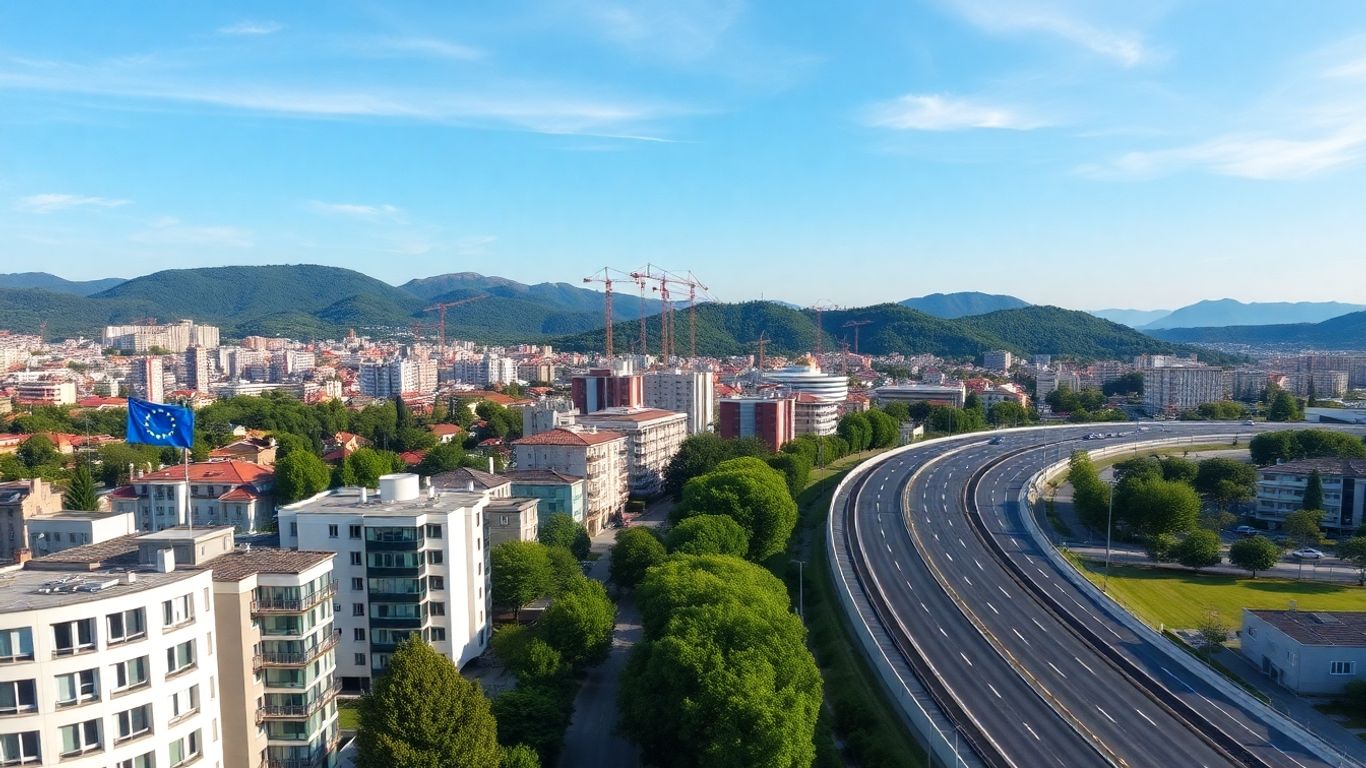Montenegro has marked significant progress in its ongoing journey toward European Union accession, adopting ambitious reforms, leveraging EU financial support, and enhancing cross-border cooperation to align more closely with European standards and opportunities.
Key Takeaways
- Montenegro is advancing EU accession with comprehensive reforms and strategic EU partnerships.
- The country secured €26.8 million in pre-financing from the EU Growth Plan, with the potential for up to €383 million by 2027.
- Social policy and environmental initiatives have been prioritized through new strategies and LIFE program participation.
- EU membership is expected to trigger investments, digital transformation, and improved infrastructure.
Reform-Focused Parliamentary Cooperation
Effective parliamentary oversight has become a cornerstone of Montenegro’s EU integration, underlined by recent high-level conferences with regional and EU partners. Occasions like the regional conference on parliamentary oversight in Podgorica have brought together delegates from the Western Balkans, EU officials, and democracy experts to discuss the importance of legislative harmonization and administrative capacity-building for EU alignment.
Senior European and German diplomats emphasized that Montenegro’s commitment—and its ability to foster robust democratic institutions—will determine not only its own trajectory but also provide a model for the broader region. The Montenegrin parliament’s focus on law reform, electoral improvements, and public engagement are seen as vital for successful EU negotiations.
Major Financial Support and Growth Plan
Montenegro recently received a first tranche of €26.8 million in pre-financing as part of the EU Growth Plan for the Western Balkans. This financial boost is aimed at underpinning reforms in rule of law, renewable energy, digitalization, and human capital development.
The Growth Plan’s structure guarantees biannual reviews and subsequent fund disbursements based on measurable reform achievements. By the end of 2027, Montenegro could receive up to €383 million—money that is already supporting infrastructure upgrades and key sectors through both grants and low-interest loans.
Advancing Social Policy and Inclusion
On the social front, Montenegro is tackling vulnerabilities amid demographic changes and labor market shifts. The government, with EU backing, recently adopted strategies to bolster social and child protection, deinstitutionalization, and child safety. These actions, lined up with the national Reform Agenda, not only align with EU expectations but are tied directly to eligibility for ongoing EU financial support.
Efforts include transitioning from institution-based social care to community-oriented services, ensuring financial resilience for these programs, and strategically targeting limited resources toward those most in need.
Environmental Leadership and International Cooperation
Montenegro has also joined the EU’s LIFE Programme, granting local organizations access to European funding for environmental and climate projects. Participation in this flagship initiative enables Montenegro to invest in pollution reduction, renewable energy, and eco-innovation alongside other non-EU members, signaling its determination to fulfill EU environmental standards.
Economic Outlook and Expectations
Members of the Montenegrin government, business leaders, and international organizations accentuate that EU accession will enhance investment flows, expedite infrastructure development, and stimulate digital transformation. Increased legal certainty, efficient public administration, and alignment with EU standards are forecasted to boost competitiveness and create a more predictable environment for domestic and foreign investors alike.
Government officials reiterate that these reforms and investments aim to deliver tangible benefits to citizens even before achieving full membership, modernizing the economy and fostering sustainable development.
Sources
- The Role of Effective Parliamentary Oversight in Advancing the EU Accession Process, EEAS.
- EU supports Social policy reforms in Montenegro, EEAS.
- Montenegro joins the EU LIFE Programme for Environment and Climate Action, European Climate, Infrastructure and Environment Executive Agency.
- Montenegro’s membership in the EU will bring increased investment, improved infrastructure, digital
transformation…, vijesti.me. - Montenegro Receives Pre-financing from the EU Growth Plan, EEAS.






